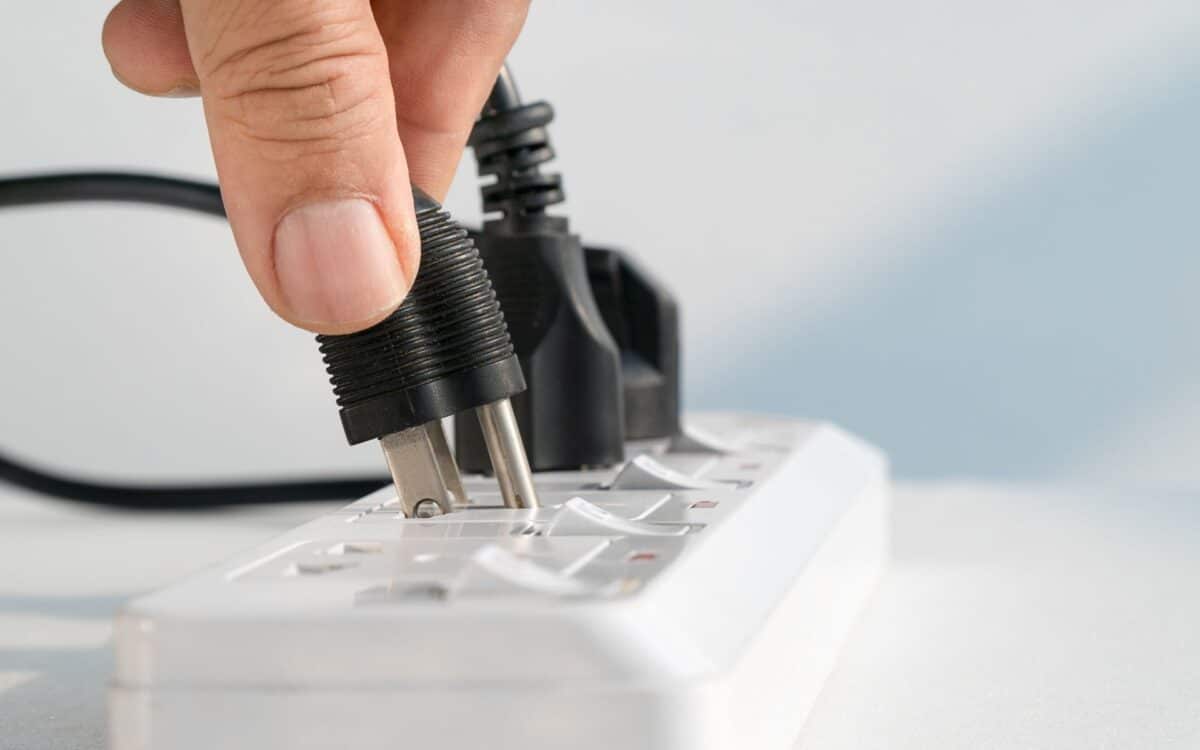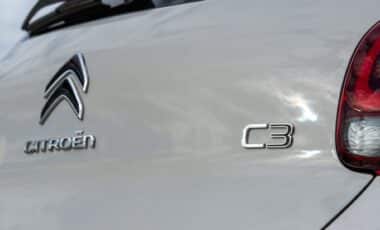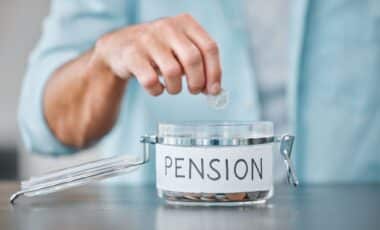The UK government is reportedly reviewing its decision to cut the £300 Winter Fuel Payment, following growing concerns over rising living costs and the financial pressure faced by state pensioners.
Officials are said to be weighing potential adjustments to the scheme amid broader questions about support for vulnerable households during the winter months. According to a report by the Birmingham Mail, the matter is currently under active consideration by senior policymakers.
While no changes have been confirmed, energy specialists are already urging pensioners to take simple, preventative steps to manage their energy usage and reduce unnecessary costs at home.
Downing Street Reconsiders £300 Winter Fuel Payment Cut
Reports from The Sun, i paper, and The Guardian indicate that Number 10 Downing Street is now “actively investigating” a potential reversal of the controversial reduction in Winter Fuel Payment eligibility, introduced under new Department for Work and Pensions (DWP) criteria.
The Labour government is said to be reviewing the impact of these stricter rules, which have raised concerns among advocacy groups and pensioners’ associations.
The government’s internal discussions come amid mounting pressure to reinstate the £300 payment before the winter season begins.
Unplug These Three Appliances Before Payment Is Reinstated
Ahead of any policy reversal, energy experts are advising pensioners to address “zombie appliances”—devices that consume power even when not in active use. Specifically, they are being urged to unplug three common household items: coffee machines, washing machines, and dishwashers.
A spokesperson from Grant Store explained :
Many people are unaware of just how much energy appliances continue to use even when they’re not actively in use.
These three devices, often left plugged in around the clock, are cited as significant contributors to unnecessary energy consumption in standby mode. The expert continued:
Devices like washing machines, dishwashers and coffee machines are often left plugged in, quietly draining electricity in standby mode.
Energy Savings Linked to Unplugging at the Socket
Simply turning off appliances is not enough, according to the same spokesperson.
To make a real difference to your energy bills, it’s crucial to go beyond simply turning them off—unplugging them or switching them off at the socket is key.
This guidance is particularly relevant in light of the current cost-of-living environment. The spokesperson emphasized the financial implications:
In the current economic climate, where every bit of savings counts, tackling standby power consumption can lead to noticeable reductions in energy bills.
By eliminating the power drain from these standby devices, households can lower their monthly costs without any significant lifestyle change.
Simple Tools Can Ease Energy Management
For those who find it difficult to manually unplug devices, particularly in areas that are hard to access, standby savers and energy-saving plugs are being recommended as a practical workaround.
As the spokesperson from Grant Store explained:
Unplugging what are often referred to as ‘vampire devices’ is a simple yet effective way to cut down on unnecessary energy costs. Over time, this small action can significantly reduce your monthly outgoings.
These tools stop electricity from flowing to devices when they’re not in use, ensuring that no power is wasted. It’s an easy way to boost energy efficiency without much effort.
These low-cost accessories help automate the process and provide peace of mind to those concerned about energy use.
Political Outcome Remains Uncertain
While no official announcement has been made regarding a reversal of the Winter Fuel Payment cut, the matter appears to be under serious review. Any restoration of the £300 allowance could benefit millions of pensioners, especially those struggling with rising energy bills.
In the meantime, energy-saving measures—starting with unplugging high-consumption standby appliances—could offer tangible relief before any formal government action is taken.









